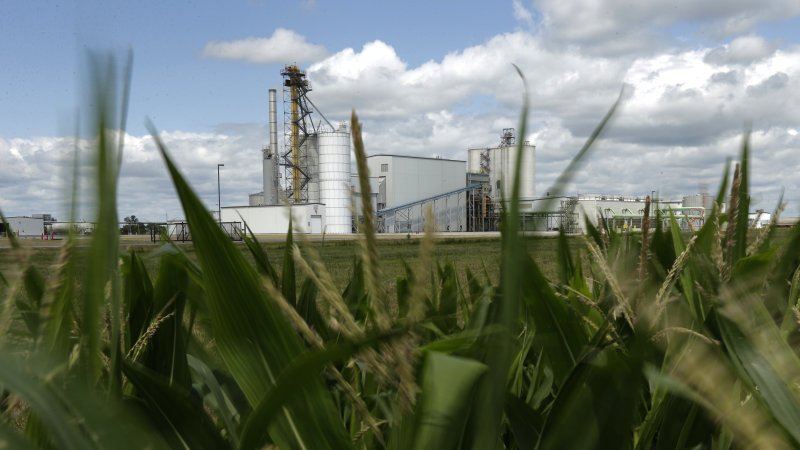Emissions from ethanol production may be way worse than we thought

US ethanol producers are likely using outdated methods to measure NOx levels, according to trade publication Ethanol Producer. The result is that production of ethanol, which as a fuel has been a source of debate over its environmental friendliness when compared to conventional gasoline, may be more harmful to the environment than previously thought.
The issue stems from the Clean Air Act and the way it measures nitrogen dioxide (NO2) as a "surrogate" for NOx. Four decades ago, NO2 was thought to account for between five and 20 percent of NOx emissions. Because of inaccuracies in calibration methods, however, that assumption is incorrect, and NO2 may account for more than 80 percent of NOx's emissions. In short, ethanol factories and the resulting NOx levels may be creating ozone and causing problems such as acid rain at a faster rate than was previously estimated.
Such findings mark yet another argument against the assumption that ethanol and other biofuels may be better for the environment than gasoline. Late last month, the University of Michigan said in a study that US regulators have incorrectly been assuming that biofuels' tailpipe emissions were negligible because its carbon dioxide was offset by the growth of the corn and other plant matter being used for the fuel. It should be noted that the report was funded by the American Petroleum Institute, but report author and University of Michigan Energy Institute research professor John DeCicco said the study was peer-reviewed.
Additionally, the Environmental Protection Agency's (EPA) Office of the Inspector General said last month that the regulator hasn't filed a report on the environmental impact of biofuels in five years, further muddying the issue.


